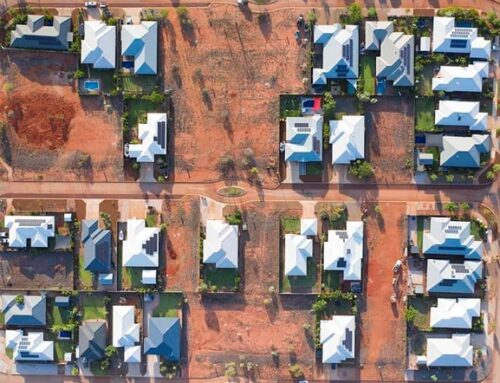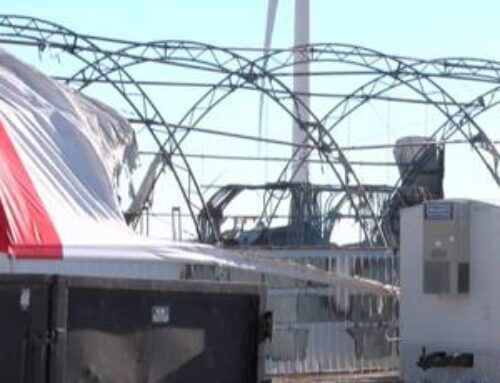BLM Approves La Paz County Solar Project
January 6, 2025
La Paz County, AZ – The Bureau of Land Management (BLM) has granted approval for the 600-megawatt Jove Solar Project, expanding clean energy generation on public lands.
The project, which is expected to generate enough electricity to power roughly 180,000 homes annually, will be constructed in La Paz County, Arizona, spanning 3,495 acres of public land and 38 acres of county land.
Jove Solar, LLC, the company behind the initiative, will build, operate, and maintain the large-scale solar facility, which may also incorporate a battery energy storage system. Once completed, the project will connect to the 500-kilovolt Cielo Azul switching station and the Ten West Link transmission line, enhancing the region’s clean energy infrastructure.
The BLM’s approval follows a review process, with consideration given to environmental and community impacts. The approved project alternative avoids construction within desert washes, preserves vital floodplain areas, and ensures wildlife habitat connectivity. Sensitive environmental areas are also being protected as part of the development plan.
Ray Castro, Yuma Field Manager for the Bureau of Land Management, emphasized the importance of such projects for the nation’s renewable energy goals: “BLM supports efficient development of clean energy on our nation’s public lands to move toward a carbon pollution-free power sector,” said Castro. “We will continue to engage with Tribal, federal, state, and local governments, local communities, stakeholder groups, and industry as this project moves toward construction.”
The Jove Solar Project is part of a broader trend of renewable energy development on federal lands. Since January 2021, the BLM has approved 46 renewable energy projects, including 12 solar, 14 geothermal, and 18 transmission-related initiatives, significantly surpassing its goal to permit 25 gigawatts of renewable energy by 2025. To date, BLM has approved clean energy projects on public lands with a total capacity exceeding 34 gigawatts — enough to power approximately 15.5 million homes.
In addition, the agency recently issued a final Renewable Energy Rule designed to lower energy costs for consumers, improve the permitting process for developers, create jobs, and incentivize further responsible development of solar and wind energy on public lands.
As the Jove Solar Project moves forward, stakeholders from various sectors will continue to collaborate to ensure its successful implementation, marking a significant milestone in the country’s transition to clean energy.
Search
RECENT PRESS RELEASES
Related Post




